Learning from the Past

Genealogies are boring, right? Take this example from the first chapter of Matthew, the opening of the New Testament. Imagine having to listen to the whole passage every Christmas! I’m sure that it will make folk yawn at Christmas services (if not avoid the service entirely).
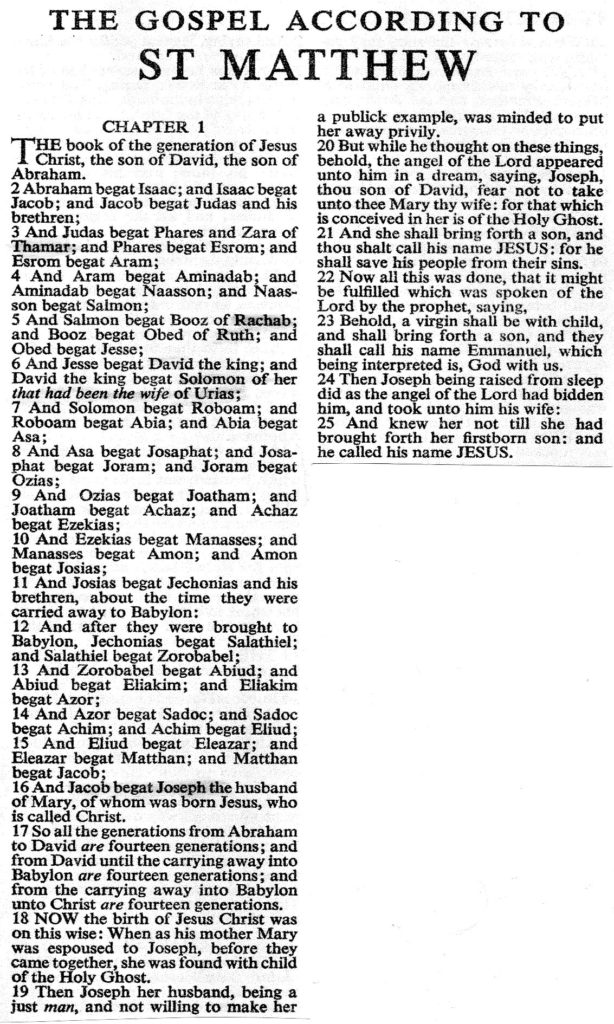
The only Bible that I could find that had the whole chapter on one page was a very old King James Version with some strange spellings!
Most people will be familiar with verses 18 to the end from readings at Christmas time, but it is the first section of the chapter that interests me.
If one takes the trouble to read carefully through the list of names, there are some that stand out because we know a bit more about them. The ones that I find interesting are:
- Jacob, the cheat
- Tamar, Judas’ daughter-in-law, who tricked Judas into having sex with her so that she could fall pregnant and produce an heir
- Rahab, the prostitute in Jericho, who hid the Israelite spies
- Ruth, the Moabite woman, who accompanied her mother-in-law back to the land of Judah
- Solomon, the son of parents who came together after adultery and murder
- Joseph, the carpenter, who married Mary even though she was pregnant but not with his child
These folk remind me that God’s love is all-inclusive and not restricted to the chosen few.
As you know, I have been researching my family history. Thanks to other descendants who have done a lot of research, I am finding some interesting stories among the list of names. One such story is to be found in a book compiled by Dawn Dixon Brummer, Beulah Boardman Laughton and Clarence Dixon Taylor, who joined forces to collect all the documents and papers that they could find. Even though my branch of the family is not represented, it nevertheless has a lot of information on our common ancestor, William Boardman. Someone very generously has posted a copy of the book on the public 1820 Settlers website (https://www.1820settlers.com/). I am very much indebted to them.

William was born in Ashton, Lancashire on 27 October 1768. He was a well-educated, capable man with a deep faith. Although he was born into a wealthy family, he made his own way in the world, becoming a schoolmaster. He married Margaret Hayes, on 16 May 1795, less than five months before their first child, a daughter, Mary, was born. In 1804, he was ordained as a priest in the Church of England and in 1808, he accepted the post of Headmaster of the Grammar School in Blackburn. Blackburn was an industrial town at the centre of the textile industry. William and Margaret went on to have 8 more children and appear to settled down happily.
However, in 1819, the British government decided to embark on a colonisation effort and advertised for able men to apply to migrate to South Africa. The advertisements were appealing and many men came forward to put their names down. The government agreed that one clergyman could accompany any party of 100 persons. William seems to have felt a calling to accompany the local Lancashire families who had applied to migrate from Liverpool. However, because the party was less than 100 families, his application was turned down and he was recommended to Thomas Willson. Willson’s party of 316 departed from London on the La Belle Alliance. They embarked on 23 December 2019, but only set sail on 14 February 1820 because the Thames River was completely frozen over that winter. Willson seems to have depended on William for help in looking after the party. William not only conducted services on Sundays, but also helped with tasks like fumigating the ship in order to control the spread of disease. After an eventful journey, the ship finally arrived at Algoa Bay on 24 May 1820.
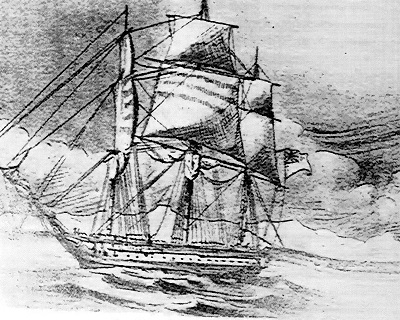
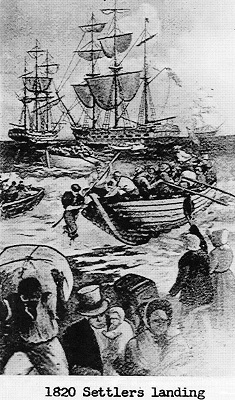
The first months must have been continuous hardship – their crops failed, the winter was harsh, their livestock was stolen and they received little support from the government. William was able to look beyond the difficulties and described the beautiful scenery and wildlife to his son, Thomas, who alone of the family remained behind in England. William took his responsibility as clergyman seriously and rode on horseback to deliver sermons in Grahamstown and Cuylerville as well as in a tent in Bathurst, near where he lived. Willson abandoned his party and left the responsibility of looking after the fractious party to William. William now got saddled with all the concerns of a party leader – land disputes, equitable shares of the rations and deputation to the government for more aid. He was a most reluctant leader, but did his best out of a strong sense of duty. It seems that some of the men in the party were dishonest and tried to get more than their fair share of rations. As well as all this, he started a school in Bathurst the day after he had preached his first sermon in the newly arrived marquee. The Bathurst Primary School must have been one of the first government sponsored schools in the world and did not discriminate on gender, race or religion. The first pupil roll shows that the school was fully inclusive. (David Biggs, Cape Argus, July 11, 1990)
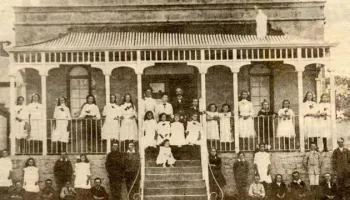
To give an idea of what William was like, I shall give a few quotes from letters of the time.
A letter to his son, Thomas, in the UK, shows his appreciation of his natural surroundings: “Altho’ it is now the commencement only of the Spring, yet the number and variety of most beautiful flowers is astonishing, there are also many useful plants, as wild leeks, marjoram, mint, wormwood, etc. as also a tree bearing berries resembling wild cherries, and another, the round succulent acid leaves of which make excellent pies or puddings, resembling in taste young gooseberries or apples. There is also an abundance of game, as antelopes, wild hogs, zebras, monkeys, & baboons, hares, wild Guinea fowls, ducks & doves…and a variety of smaller birds of the most exquisitely coloured plumage.”
The same letter shows his sense of humour: “There are also leopards seen occasionally: our servant Wm Hogg when I was surveying in the woods, bringing my dinner, was stopped at the entrance to the jungle by a leopard, which he represents as a most beautiful animal: being at not more than ten yards distance from the beast, and thinking that I would rather lose my dinner than my servant, Will offered him the former, which he civilly declined; and greatly to the satisfaction of one of the parties at least, they parted good friends.”
A character reference written in support of his application for the post of Headmaster of Blackburn Grammar School emphasised not only his qualifications, but also his shyness: “He is an excellent classical scholar, a good mathematician and accountant and in point of moral character, I think of him most favourably … but he is very shy and diffident which may prevent his making so favourable impression on his first introduction.” He held this post for 11 years. In spite of his shyness, he appears to have been good at his job.
His obituary gives us an impression of a friendly and generous nature: “Mr Boardman was much beloved by all who best knew him. To a highly classical education and cultivated mind, he united the most benevolent friendliest disposition. He was essentially and particularly the friend of the friendless. …In his transactions with the world he was liberal to a fault.”
This truly remarkable man simply wore himself out and died in 1825 at the age of 56. Two years earlier he had written to Thomas Willson: “By the Heat of the climate, as well as the Fatigue which I am sometimes forced to undergo, I suffer dreadfully from the Headache, by which I am reduced to such a state of debility that on alighting from my horse after a ride of ten or twelve miles, I am sometimes scarcely able to stand, and not only my youthful hose, but also all my clothes are grown “a world too wide”. Over nearly two centuries, my heart goes out to this man who had a huge sense of duty and who tried to handle a situation that turned out to be too much for him. If he had been able to say “no” to some of responsibilities that were imposed on him, he might have flourished in this new land doing what he loved best – preaching and teaching.
What is my relationship to William Boardman? His eldest daughter, Mary, was my great- great- great-grandmother on my paternal grandmother’s side of the family (Granny Foster, for my cousins who knew her). Mary was also a teacher and she and her husband took over the running of the school after William’s death. What have I learnt from William’s story? To see the positive side of things, to follow one’s calling despite natural shortcomings and to learn when to say “no” when demands are putting too much pressure on one. William sounds an amazing person and someone I would like to have met. He deserves to be remembered.
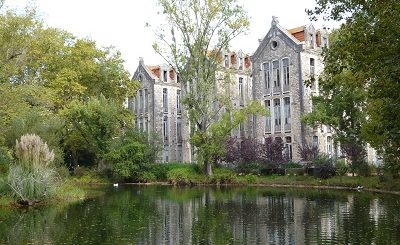
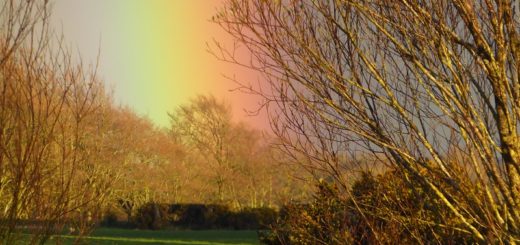
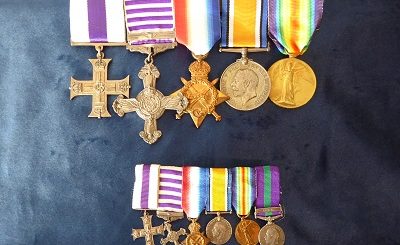

Wonderful history lesson, and a great ancestor to have. xxx
Thank you, Mary. I feel proud to be descended from him.
Hi Marlene, this little piece is so interesting. Doug had several ancestors from the 1820 settlers and would have been delighted to read this. I remember reading a quote from one of those early settlers to the effect that he and trouble had been together so long that they had become reconciled. What a difficult time they had. xx
Thank you, Janet. I am very much enjoying delving into the past and am struck by what solid foundations of faith my family comes from.